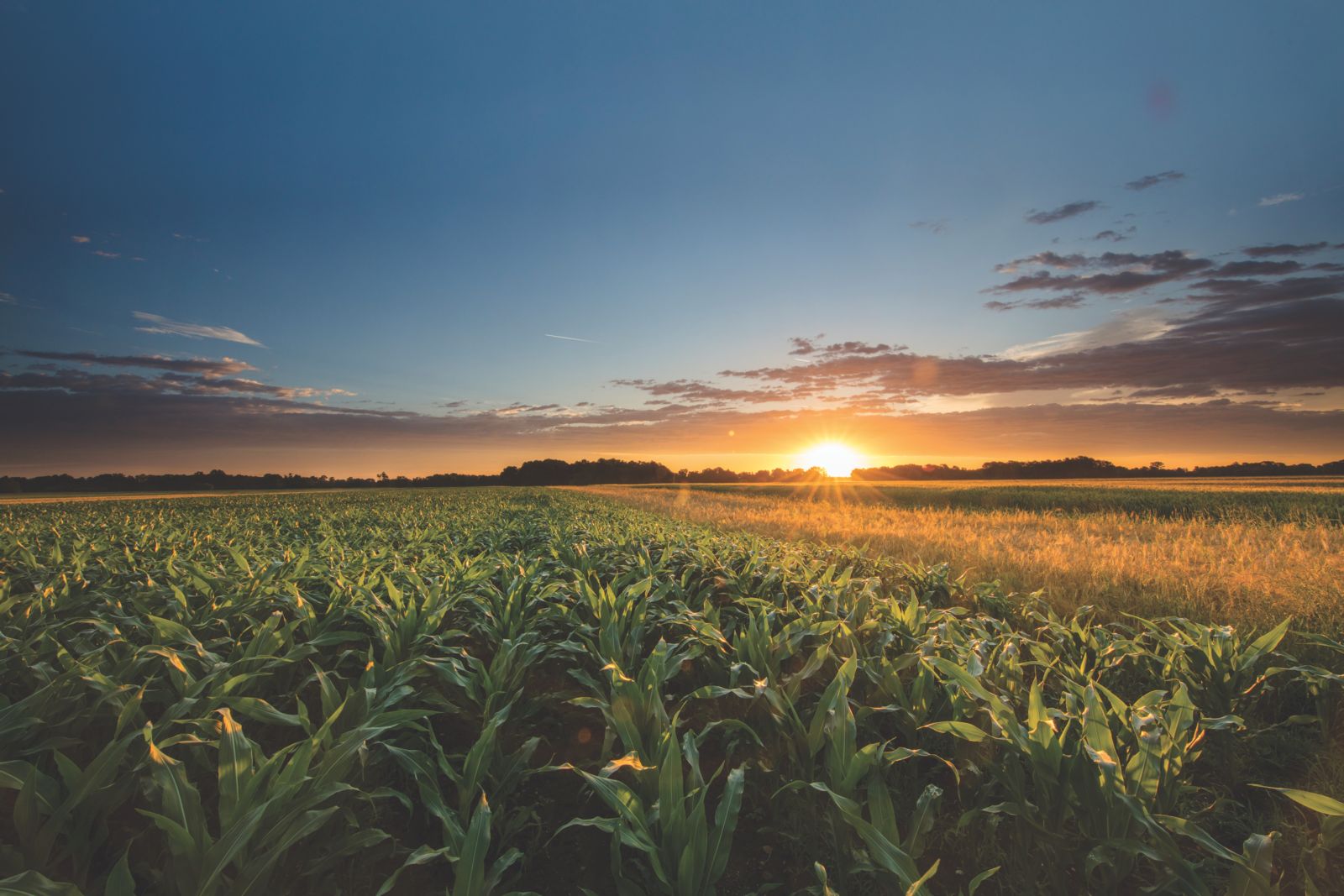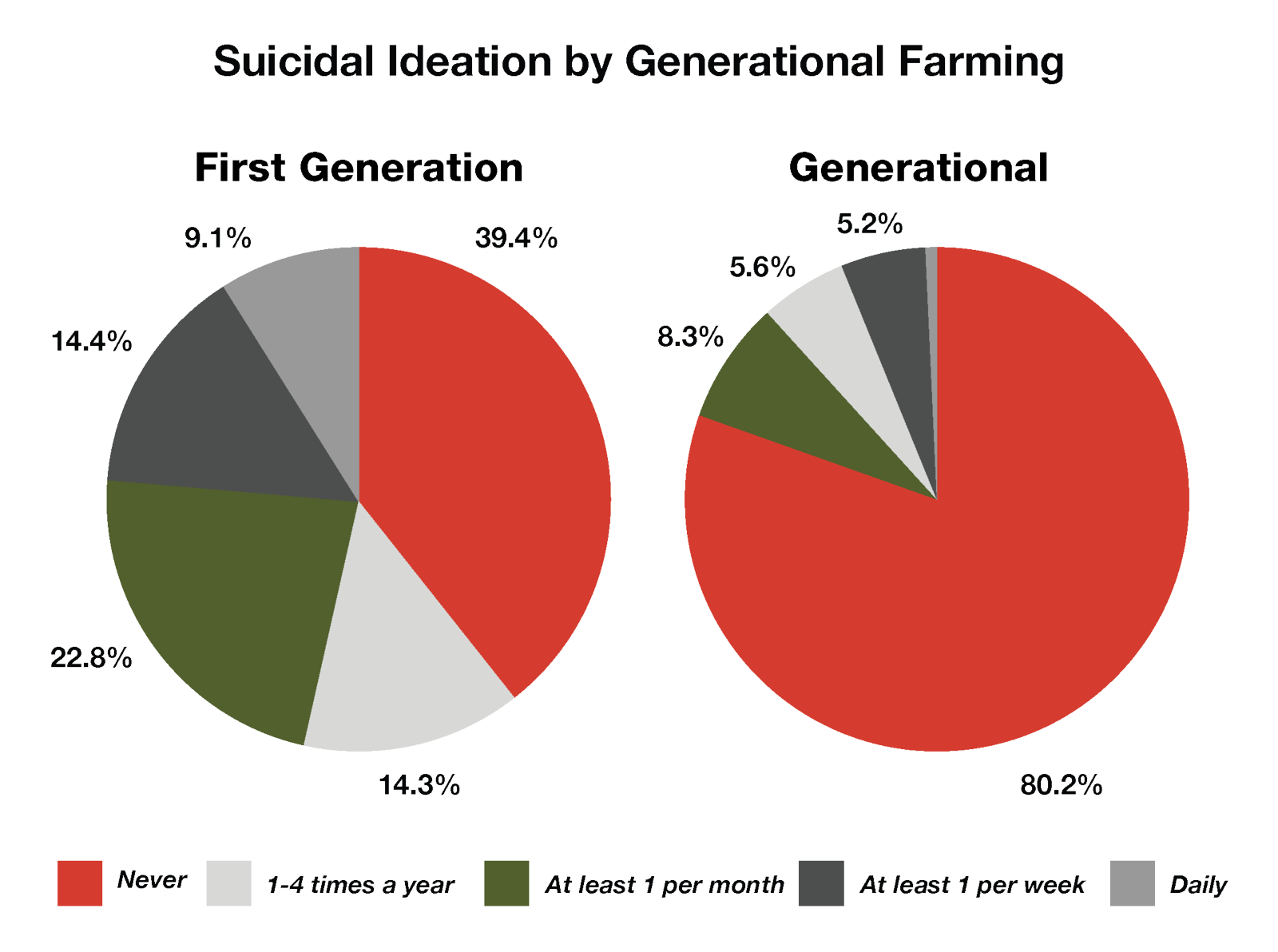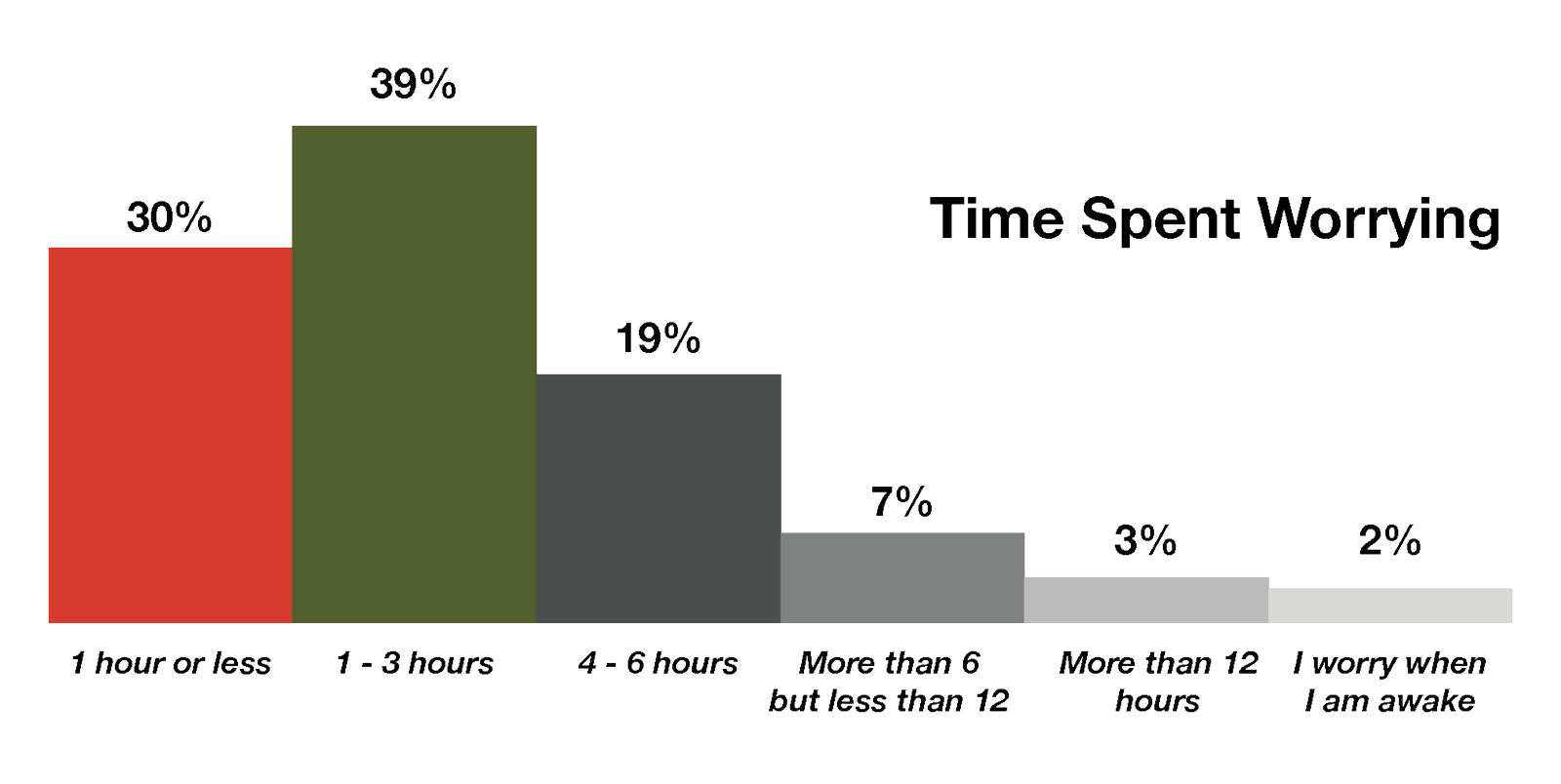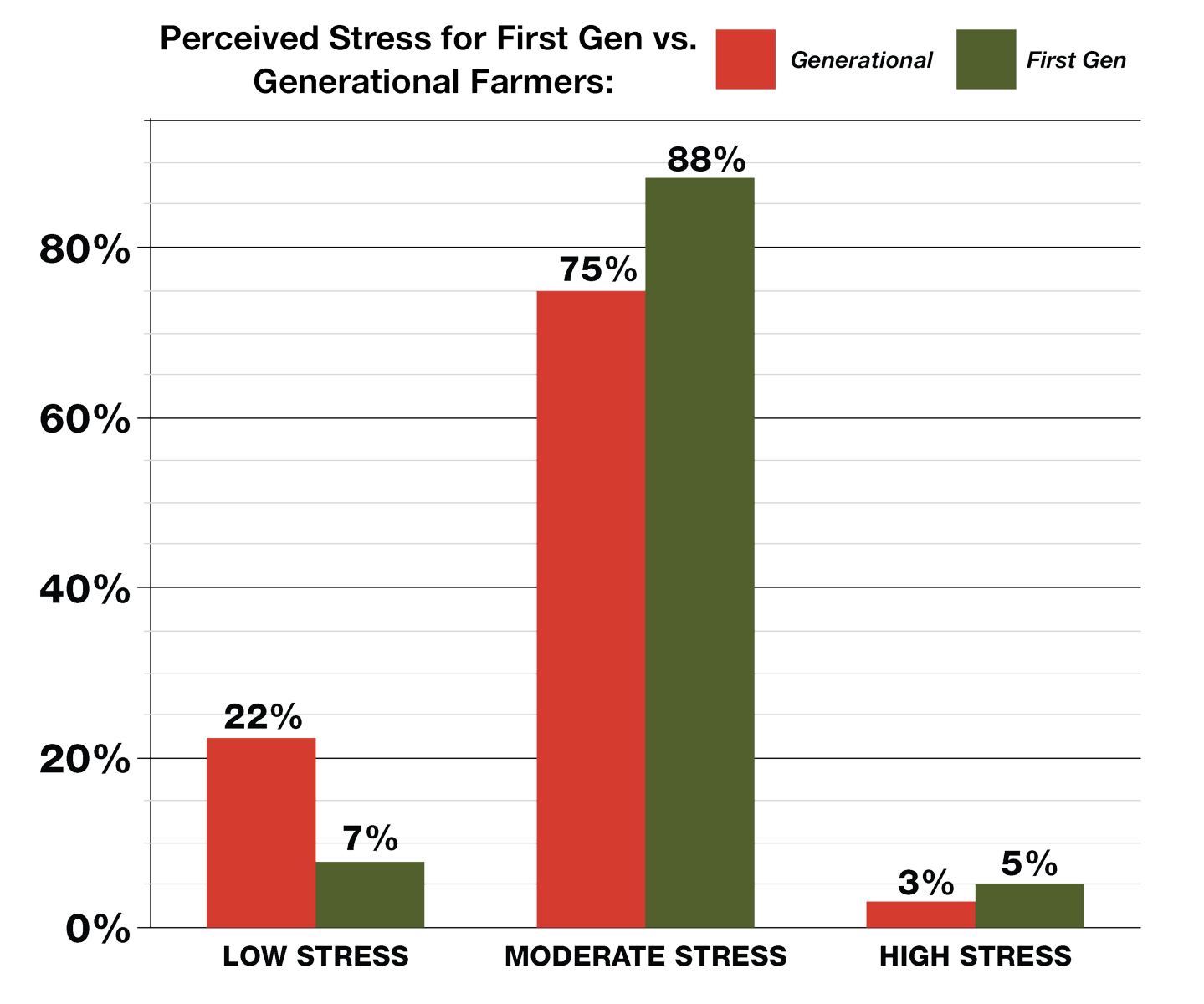GFB News Magazine
Mercer study gauges farmers’ stress levels
Posted on August 28, 2022 8:00 PM

By Jay Stone
This summer researchers at the Georgia Rural Health Innovation Center (GRHIC) at Mercer University, with assistance from the Georgia Foundation for Agriculture (GFA), released their study, “Farmer’s Mental Well-Being Project: Statewide Survey Report.”
The study shows that 42% of all farmer workers, owners and managers had thought of suicide in the past year and 29% reported thinking of suicide at least once a month. Among first-generation farmers, 61% said they had suicidal thoughts in the past year compared to 10% of generational farmers – those who grew up on a farm and continue to farm.
The survey, conducted from Jan. 1 to April 30, drew 1,651 responses. All but two of Georgia’s 159 counties had at least one person respond.
The principal investigators were Mercer University PhD candidate Stephanie Basey and Dr. Anne Montgomery, a biostatistician with the GHRIC. The GFA, affiliated with Georgia Farm Bureau (GFB), aided in promoting the study and collecting data. Each of GFB’s 10 districts, 14 to 17-county regions across the state, had at least 100 survey respondents.
“Challenges creating significant stress for farmers have drawn increasing attention in recent years, and the Georgia Foundation for Agriculture was happy to partner with Mercer and the Georgia Rural Health Innovation Center to find out just how widespread the issues are,” GFA Executive Director Lily Baucom said. “While we all agree more examination is needed, we hope this study will help us find ways to improve the landscape for farmers’ mental well-being.”
article continues below

How often first-generation farmers and generational farmers think about suicide.
Source: Ga. Rural Health Innovation Center at Mercer University School of Medicine
Why the study matters
The study quantifies what many in agriculture have long known – farming, with so many factors outside the farmer’s control, comes with extraordinary stress.
“Farmers lay awake at night worrying about weather, paying back loans, paying back all these inputs that are going sky high, and commodity prices not necessarily following,” Georgia Farm Bureau President Tom McCall said. “That’s the mental stress of it. And then when you work seven days a week, there’s a physical stress that goes along with it.”
McCall said that when stress prompts farmers to leave the profession society suffers.
“The public needs to understand how important food security is. If we lose our producers, we’re going to lose your national security,” said McCall. “If you have to import all of your food, you’re in a vulnerable state.”
article continues below
 The farmer mental well-being study Mercer University released in June breaks down the amount of time participants say they spend worrying each day. Source: Ga. Rural Health Innovation Center at Mercer University School of Medicine
The farmer mental well-being study Mercer University released in June breaks down the amount of time participants say they spend worrying each day. Source: Ga. Rural Health Innovation Center at Mercer University School of Medicine
Exploring farm stress
Montgomery said the group wanted to generate data to help explain the alarming rate of farmer suicides noted in 2018 documentation from the Centers for Disease Control and Prevention (CDC), which counted 50.7 suicides per 100,000 farmers, more than triple the rate (14.9 per 100,000) measured in all industries.
“There was a scarcity of literature, and what literature there was focused mainly on suicide,” said Basey, a PhD candidate in the Mercer University School of Medicine’s Rural Health Sciences program.
In addition to suicidal thoughts, the survey measured sources of stress, activities farmers use to cope with stress, and access to professional help for mental well-being.
The survey showed 96% of farmers are either moderately or highly stressed. In addition, 40% of farmers felt lonely at least once in the last month, 49% felt sad or depressed and 39% felt hopeless. First generation farmers participating in the study had higher stress scores than generational farmers and reported using different coping mechanisms, which may explain why they feel more stressed on average.
“Long-term exposure to stress negatively impacts physical and mental health, and in turn this leads to development of stress-related disease and disorders,” Montgomery said.
article continues below
 Mercer researchers used the Perceived Stress Scale (PSS) to gauge farmers’ stress levels. This chart shows the differences in perceived stress between first-generation farmers and generational farmers. Source: Ga. Rural Health Innovation Center at Mercer University School of Medicine
Mercer researchers used the Perceived Stress Scale (PSS) to gauge farmers’ stress levels. This chart shows the differences in perceived stress between first-generation farmers and generational farmers. Source: Ga. Rural Health Innovation Center at Mercer University School of Medicine
Stress stats
Survey participants were presented a wide array of stressors and asked to identify which ones affected them. The two most common were home/work life balance and weather. For each of those, 61% said they were moderately worried, worried a lot or extremely worried. Following those stressors were COVID-19 impact on income (59%), saving for retirement (59%) and unexpected financial burdens (59%).
“The bulk of our study was to develop an inventory of stressors and coping mechanisms among farmers,” Montgomery said. “We were hoping to develop some tailored interventions to improve mental well-being of farmers and we will be working on that.”
The respondents were asked to identify the ways they manage their stress. The most common, noted by 39% of respondents, was exercise or walking, followed by talking to family or friends (31%), engaging in a hobby (28%), drinking alcohol (27%), watching TV or reading (27%), and sleep (22%). In addition to drinking alcohol, survey participants said they use cannabis (5%), other illicit drugs (4%) and over-the-counter drugs (2%).
Only 4% identified talking to a counselor as a way they manage stress. In a section of the study where participants were asked about healthcare access, 48% of survey participants said they had visited a mental health professional: 28% once or twice and 20% for at least a month.
“In the months leading up to this research, we heard about things like farmer-specific trainings and mental health trainings for farmers, but there’s no real data to show what that training needs to look like, and so we thought to inventory our farmers to find out what is going on,” said Basey, “What are the stressors that impact them directly or maybe even in their community? That was the base of this, with the hope to, working with the Georgia Foundation for Agriculture, develop that farmer-specific training with the input of our farmers.”
Visit www.georgiaruralhealth.org/farmworkersurvey/ to access the final report and the results of a 2021pilot study.
CALL FOR HELP
• Suicide & Crisis Lifeline
Call or text 988 for 24/7 support.
Counselors available to help with any mental
health challenges you are experiencing.
• GA Crisis & Access Line
Call 800-715-4225 for 24/7 support.
Services also offered via text & chat through the
My GCAL app available in the Apple App Store & Google Play